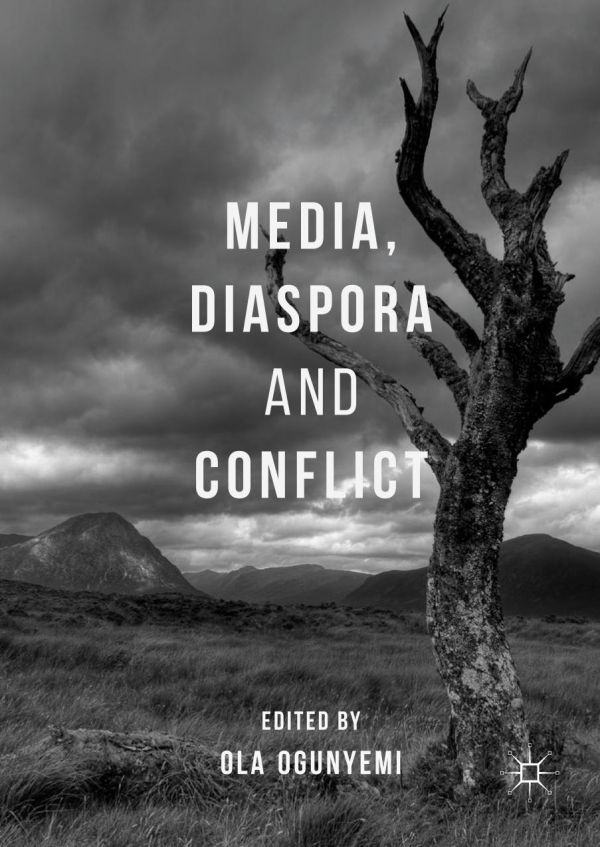

Most ebook files are in PDF format, so you can easily read them using various software such as Foxit Reader or directly on the Google Chrome browser.
Some ebook files are released by publishers in other formats such as .awz, .mobi, .epub, .fb2, etc. You may need to install specific software to read these formats on mobile/PC, such as Calibre.
Please read the tutorial at this link: https://ebookbell.com/faq
We offer FREE conversion to the popular formats you request; however, this may take some time. Therefore, right after payment, please email us, and we will try to provide the service as quickly as possible.
For some exceptional file formats or broken links (if any), please refrain from opening any disputes. Instead, email us first, and we will try to assist within a maximum of 6 hours.
EbookBell Team

4.0
86 reviewsThis edited collection argues that the connective and orientation roles ascribed to diasporic media overlook the wider roles they perform in reporting intractable conflicts in the Homeland. Considering the impacts of conflict on migration in the past decades, it is important to understand the capacity of diasporic media to escalate or deescalate conflicts and to serve as a source of information for their audiences in a competitive and fragmented media landscape. Using an interdisciplinary perspective, the chapters examine how the diasporic media projects the constructive and destructive outcomes of conflicts to their particularistic audiences within the global public sphere. The result is a volume that makes an important contribution to scholarship by offering critical engagements and analyzing how the diasporic media communicates information and facilitates dialogue between conflicting parties, while adding to new avenues of empirical case studies and theory development in comprehending the media coverage of conflict.